The animosity of President Jimmy Carter’s administration to the Shah of Iran was pronounced. As Iranians took to the streets to protest his dictatorial ways, many in the State Department argued Washington should abandon him. In his memoirs, Principle and Power, National Security Advisor Zbigniew Brzezinski explained that “the lower echelons at State, notably the head of the Iran Desk…were motivated by doctrinal dislike of the Shah and simply wanted him out of power altogether”.
Lacklustre support for the Shah fuelled the Iranian mobs in the street, convincing them that they could win if they only persisted. Protests grew, and, on January 16, 1979, Mohammad Reza Pahlavi left Iran for the last time.
Those who justified the Shah’s ouster cited his violent response to demonstrations. The Shah’s detractors described the protests, many student-led, as motivated by a desire for democracy and human rights. Ayatollah Ruhollah Khomeini sought to maintain that illusion, telling Western reporters what they wanted to hear. “I don’t want to have the power or the government in my hand; I am not interested in personal power,” he told The Guardian on November 16, 1978.
A week before the Shah left Iran, Khomeini assured Le Monde, “After the Shah’s departure from Iran, I will not become a president nor accept any other leadership role.” He made a special effort to reach out to women and those worried about religious figures imposing their own conservatism on society. “Women are free in the Islamic Republic in the selection of their activities and their future and their clothing,” Khomeini explained.
Quick Reads
View AllHuman rights professionals attested to Khomeini’s sincerity. Writing in the New York Times, Richard Falk, a Princeton professor whom the United Nations would later hire as a special rapporteur on human rights, dismissed concerns that Khomeini wanted theocracy. “To suppose that Ayatollah Khomeini is dissembling seems almost beyond belief…. He has little incentive suddenly to become devious for the sake of American public opinion. Thus, the depiction of him as fanatical, reactionary and the bearer of crude prejudices seems certainly and happily false.” Falk even claimed that Khomeini would be at the forefront in respect for human rights. “What is also encouraging is that his entourage of close advisers is uniformly composed of moderate, progressive individuals,” Falk explained.
Once Khomeini was in power, it did not take long for him to show his true face. “Don’t listen to those who speak of democracy. They all are against Islam,” he told seminary students in Qom just six weeks after his return to Iran. “They want to take the nation away from its mission. We will break all the poison pens of those who speak of nationalism, democracy, and such things.”
India may find common cause on certain issues, but Iran’s subsequent history is indisputable; no objective observer could say the Islamic Republic was a paradigm of human rights. Those who supported Khomeini and attested to his progressive sensibilities and commitment to democracy look hopelessly naïve today.
History now repeats in Bangladesh. The initial press and diplomatic narrative about spontaneous, pro-democracy protests steamrolling to oust Bangladeshi Prime Minister Sheikh Hasina in August 2024 are false, as evidence leaks about external instigation and false flag violence. Sometimes the first draft of history that hotel-bound foreign correspondents write is not reality.
Like Khomeini in the weeks before his seizure of power, Bangladesh’s interim leader Mohammad Yunus still speaks about democracy, human rights and justice to visiting diplomats and journalists, but only the most gullible or dishonest among them believe him.
There is ample evidence that the victims of violence in Bangladesh were liberals and intellectuals, not the religious extremists, whom Yunus now releases from prison. In 2015, for example, Bonya Ahmed and her husband, both writers and humanitarian activists, visited Dhaka to speak at the Ekushey Book Fair. Bangladeshi Islamists attacked them with machetes, killing Roy and wounding Ahmed.
Both the Al Qaeda-inspired Ansarullah Bangla Team and Al-Qaeda in the Indian Subcontinent claimed responsibility. Over the past year, Yunus has released imprisoned adherents of both terror groups, including Shafiur Rahman Farabi, who was serving a life sentence for Roy’s murder. The Yunus government’s logic? Roy was allegedly disrespectful of Islam.
Today, Yunus’ rhetoric is at dissonance with reality. He releases from prison those who attack Muslim reformers, liberals, and Bangladesh’s small Hindu and Christian minority community and arrests Awami League politicians who defend Bangladesh’s diversity. Yunus’ targeting of journalists—levelling murder charges in response to newspaper criticism—while releasing men like Farabi who are real murderers.
Yunus’ failure to treat security seriously could saddle Bangladesh with a permanent Islamic State presence, not only in Dhaka but also in hinterlands along the Burmese border, where malign forces backed by Turkey and Pakistan seek to radicalise Rohingya refugees.
Yunus seeks support for forthcoming elections but bans the Awami League, the nation’s largest party and the Islamists’ chief competitor. If he really believed Bangladeshis blamed the Awami League for both the protests and any number of Bangladesh’s ills, then he would trust Bangladeshis to favour him and his allies at the ballot box; the fact that he bans the Awami League suggests he has no more intention to allow the Bangladeshis a free choice than Khomeini did with the Iranians.
Critics of the Khomeini analogy may argue that Yunus is not an Islamist like Khomeini was. Fair enough, though not all Islamists wear turbans. In the Iran analogy, Yunus might also be the hapless Mehdi Bazargan, a pro-democracy activist whom Khomeini appointed as his first prime minister, a useful figurehead to distract the West while the Ayatollahs consolidated control. Being a useful idiot is not exculpatory, however.
The international community should not embrace Yunus as a statesman or a man of honour, Nobel Peace Prize notwithstanding. Rather, they should treat him as a fraud, a man who has put his ego above country and his own personal beliefs among democracy. Yunus should be the subject of sanctions, not praise, and should spend his last days in prison, not in the State Guest House living on the taxpayer’s money.
Michael Rubin is a senior fellow at the American Enterprise Institute and director of policy analysis at the Middle East Forum. The views expressed in the above piece are personal and solely those of the author. They do not necessarily reflect the views of Firstpost.


)
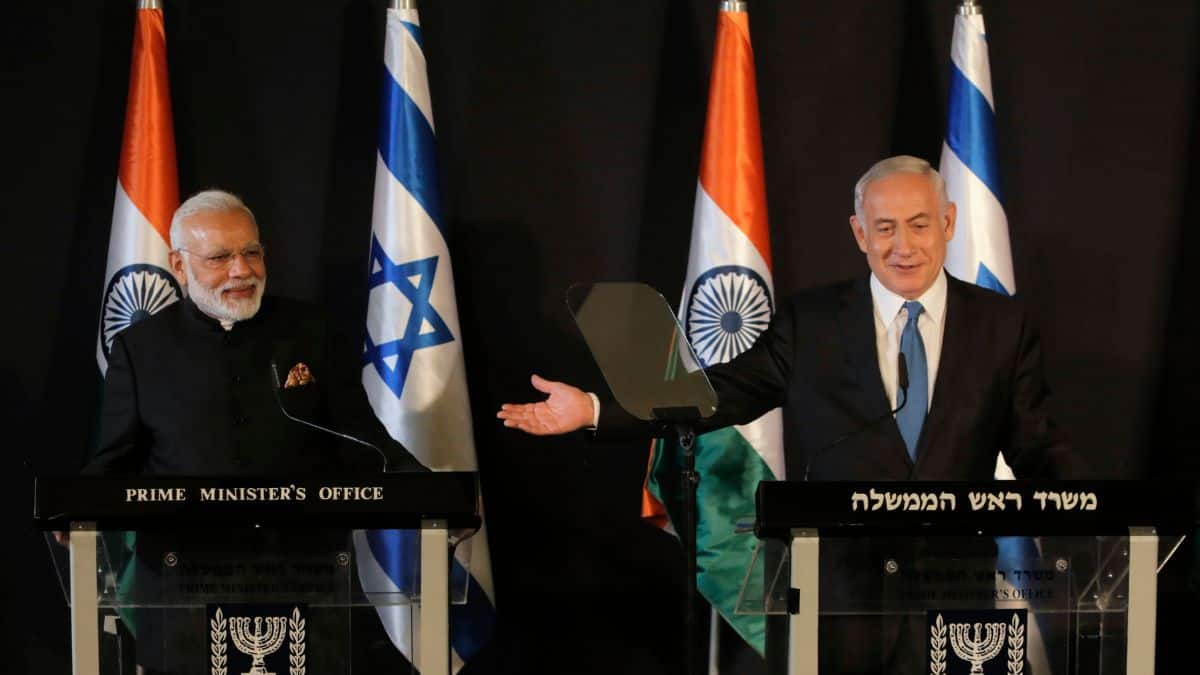
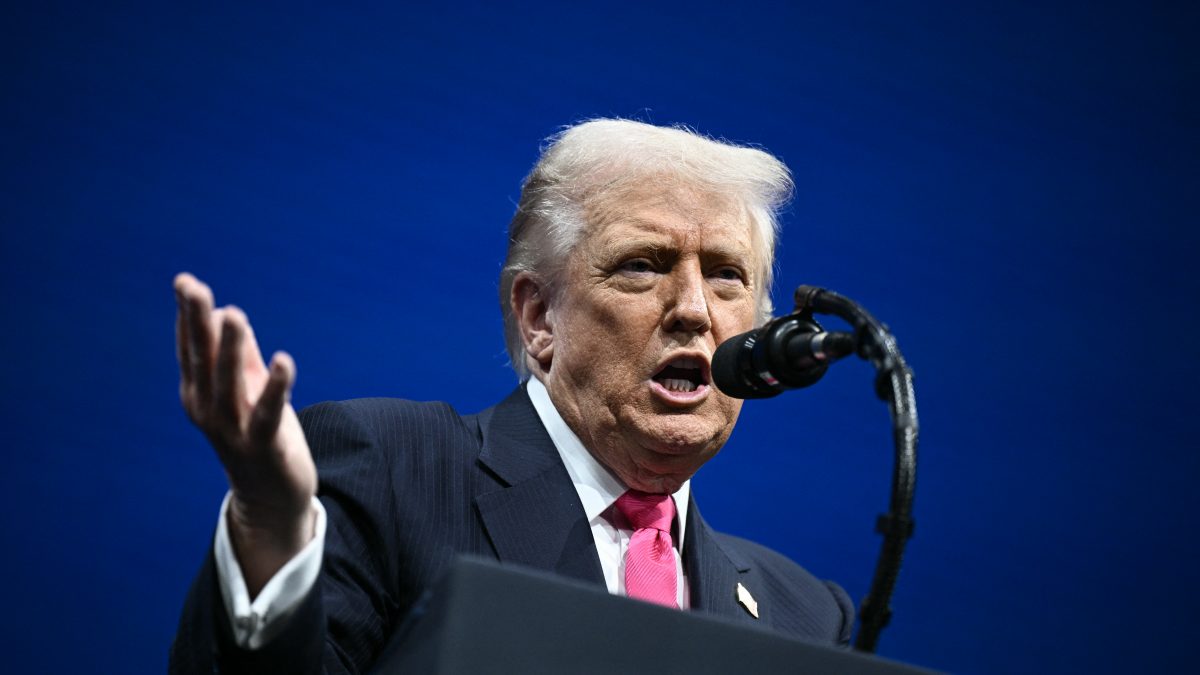)
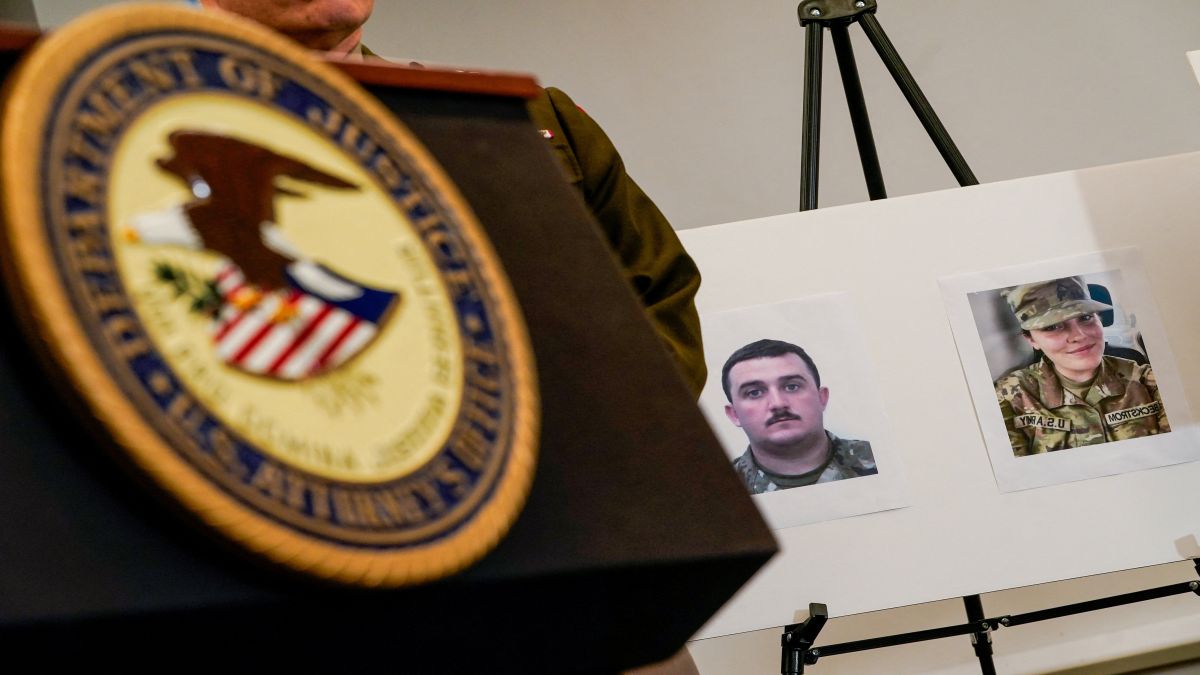)
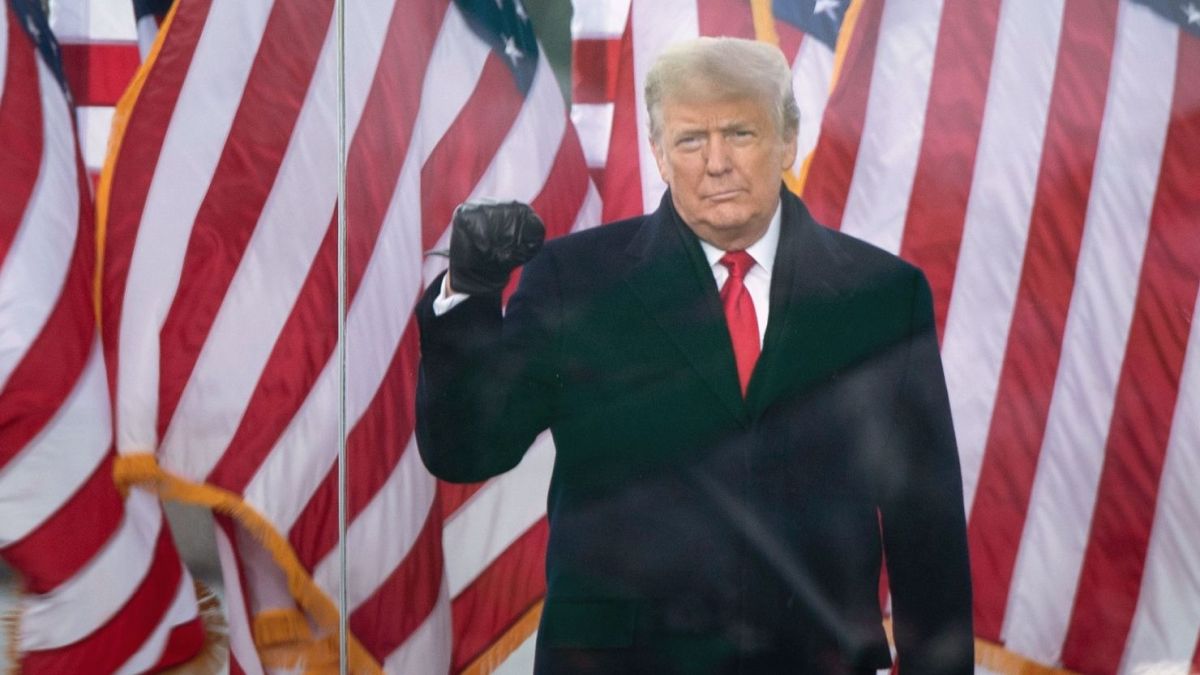)
)
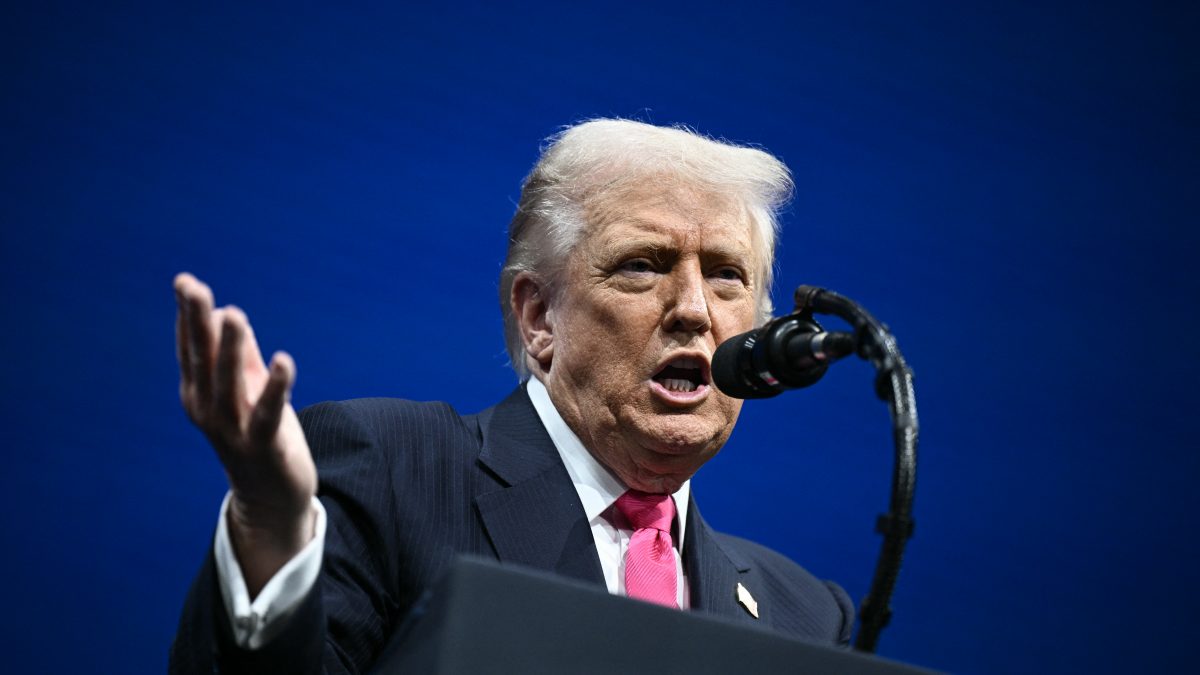)
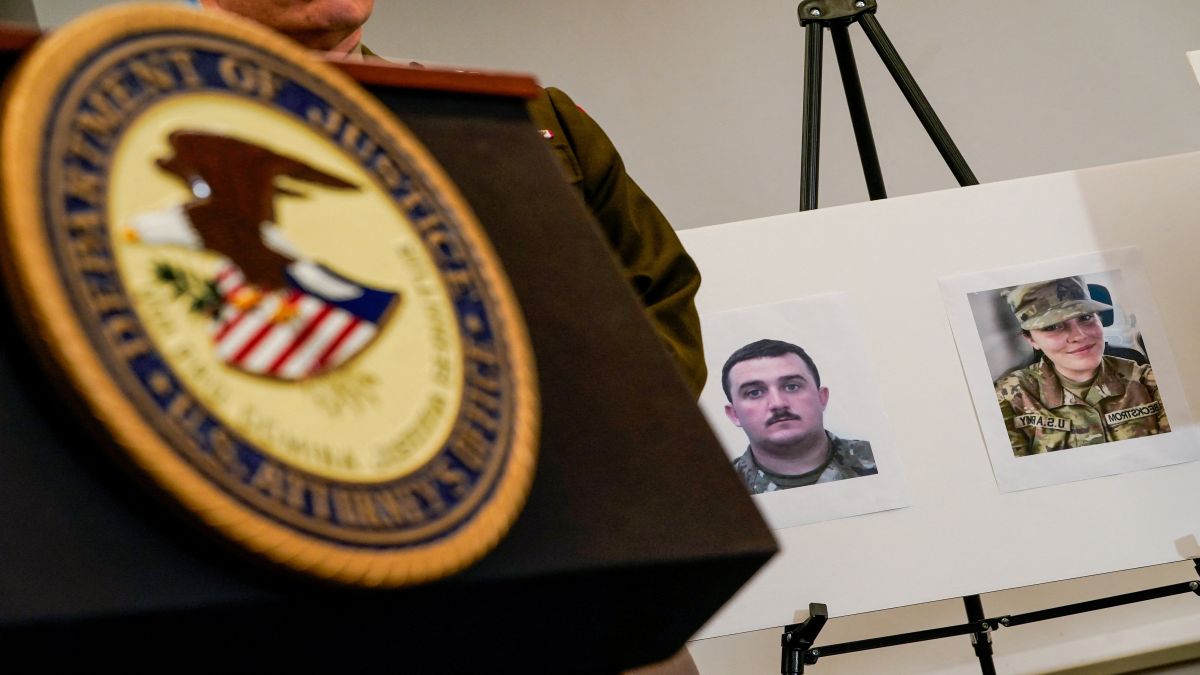)
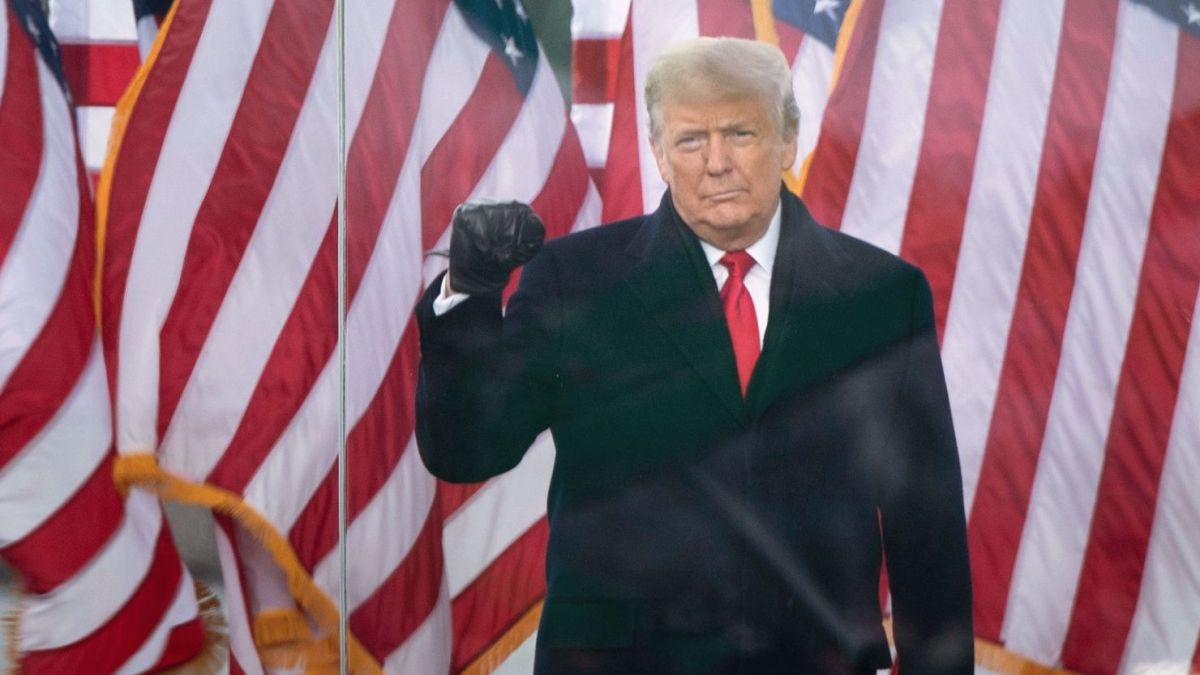)
)



